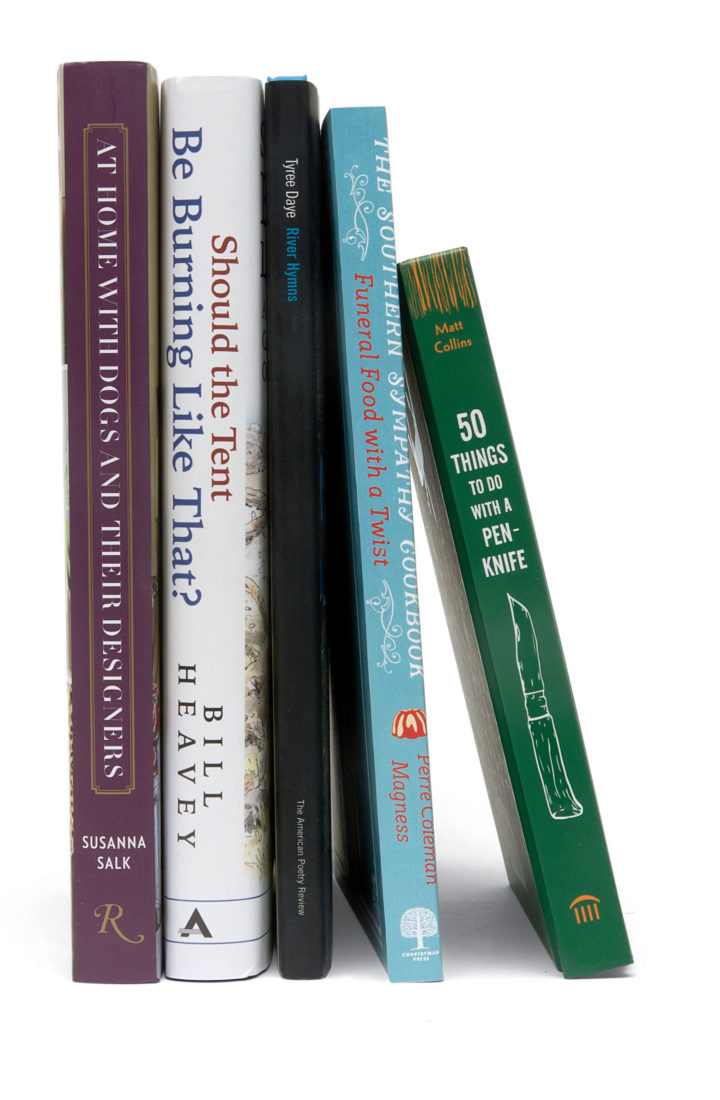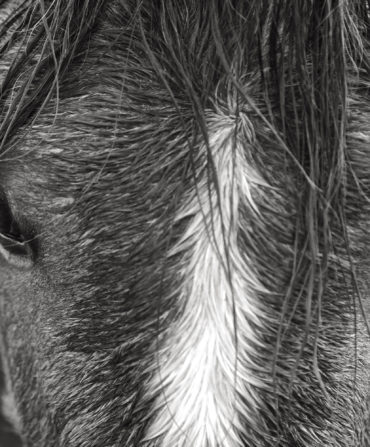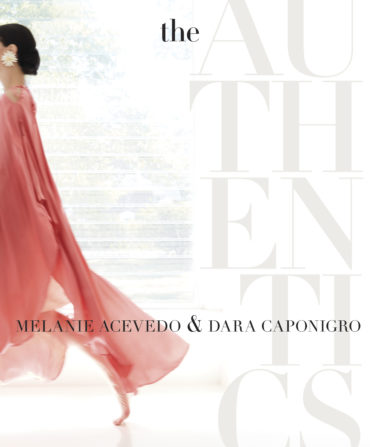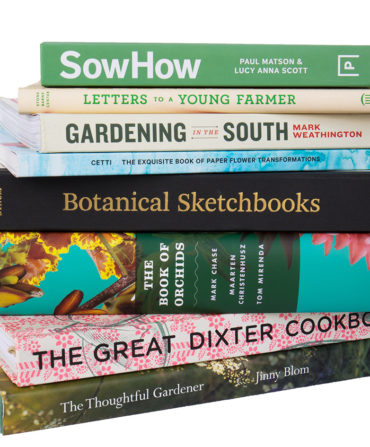For a Niece with Untamed Spirit
Wild Horses of Cumberland Island, Images Publishing, $75
If you board the ferry to visit Cumberland Island, off the Georgia coast, the National Park Service—which now owns most of the isolated getaway once frequented by Carnegies—recommends you stay at least fifty feet away from its most famous citizens: feral horses. Luckily for coffee tables everywhere, Anouk Masson Krantz and her camera were able to get a little closer. The photographer spent a decade traveling to the barrier island collecting ethereal black-and-white portraits for her Wild Horses of Cumberland Island. The descendants of domesticated horses (likely introduced by Spanish missionaries in the 1500s) now run free in bands along the surf, in the maritime forests, on the lawn of the Greyfield Inn—Krantz captures them all, “their regal gait slow, elegant, and deliberate,” she writes, “without a concern for your presence.”
For the Stylish Coworker
At Home with Dogs and Their Designers: Sharing a Stylish Life, Rizzoli, $35
“I’ve never chosen a dog for its decorative qualities,” says the esteemed architect and interior designer Robert Couturier, citing what might be the only nonaesthetic decision he’s made regarding his home. “You get your dogs because you love them.” Couturier is one of twenty-two designers—Jonathan Adler and Bunny Williams among the rest—included in Susanna Salk’s At Home with Dogs and Their Designers: Sharing a Stylish Life. Kibbles of wisdom about how dogs can coexist with, say, a silk-upholstered Régence chair round out the lavish photos—many of them depicting mutts sprawled insouciantly upon such furnishings, giving this book the feel of an issue of Architectural Digest guest edited by Rin Tin Tin.
For an Outdoorsy Brother-in-Law
Should the Tent Be Burning Like That?A Professional Amateur’s Guide to the Outdoors, Atlantic Monthly Press, $25
The traditional hook-and-bullet story involves an angler or a hunter, a measure of expertise, and the pursuit of fish or game. By story’s end the author is usually describing landed fish or downed prey, and has rewarded readers along the way with field tips and knowledge. Bill Heavey takes a different approach, dispensing with the expertise and instead rewarding readers with madcap storytelling, laughter, commiserative cringing, but most of all a manic and contagious enthusiasm. Should the Tent Be Burning Like That? A Professional Amateur’s Guide to the Outdoors is Heavey’s latest miscellany, gathering many of his columns from Field & Stream, and whether crashing a houseboat in Florida or salving a bout of melancholy with some worm fishing, Heavey is absurdly great company throughout—he’s the camo-set analogue to Louis C.K., the guy you’d most want telling stories around your fire.
For the Well-Read Roommate
River Hymns, the American Poetry Review, $23
Tyree Daye’s poems are haunted—by ghosts, by rivers and floods, by a mother’s love, by the long shadows of Southern history, by the purple flowers that crown the tobacco fields in his native North Carolina. His debut collection, River Hymns, is as bracing and resonant as any launch in recent memory, with lines that can strike you as a gaff strikes a fish. Daye peoples his verse with family members, alive and dead (“I come from a clutter of folks / fixing fish plates in the dead of the dim hour”), and their aches and wisdom give warm breath to the poems. As a child of the rural South, Daye frequently alludes to nature for perspective: “The first time I saw a rabbit / eat its young, I thanked God / for my mother.” His poems can be bluesy, sinuous, unsettling, spectral, startling, but always, ghosts notwithstanding, magnificently alive.
For a Gourmet Aunt
The Southern Sympathy Cookbook: Funeral Food with a Twist, the Countryman Press, $23
The South claims a peculiar life cycle: When a person dies, a casserole is born. “Funerals in the South are synonymous with food,” writes Perre Coleman Magness, quoting Harper Lee’s dictum that “neighbors bring food with death and flowers with sickness.” Magness’s The Southern Sympathy Cookbook: Funeral Food with a Twist (out in January) occupies a narrow niche, for sure, but its contents are anything but macabre. Funeral food is merely comfort food, and this book is chock-full of Southern comfort: chicken spaghetti, cornbread salad, Tennessee sheet cake. But while the inspiration may be down-home, the recipes ain’t: Magness’s green-bean casserole nods to the can-opener stalwart of visitation tables but gets its flavors from Gruyère, hazelnuts, and fresh tarragon.
For the Crafty Sister
50 Things to Do with a Penknife, Princeton Architectural Press, $17
Tom T. Hall quoted a fictional porch whittler in his 1984 song “The Whittler”: “He said when you whittle you don’t make a thing / …a whittle ain’t nothin’ but whittlin’ itself.” 50 Things to Do with a Penknife, by Matt Collins, is an earnest rebuttal to that rocking-chair sentiment—an illustrated guide to pocketknife projects veering from practical (fishhook, fork) to whimsical (spinning top, carrot flute). Collins breaks down the components of whittling—stop cut, paring cut, push cut, etc.—without ignoring its chief points: relaxation and pleasure, “absorbing in [their] elemental simplicity.” As Hall’s whittler said: “What have I done if I’ve whittled all day / Time would have whittled itself anyway.”








